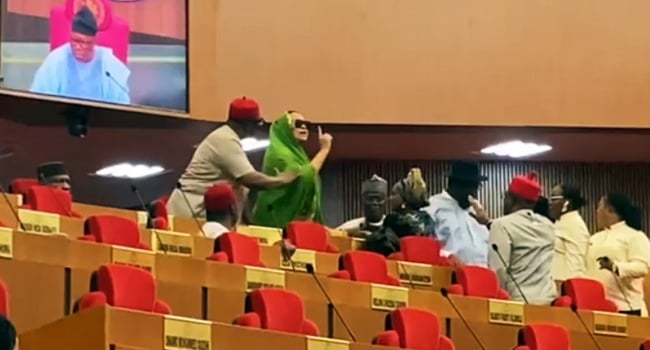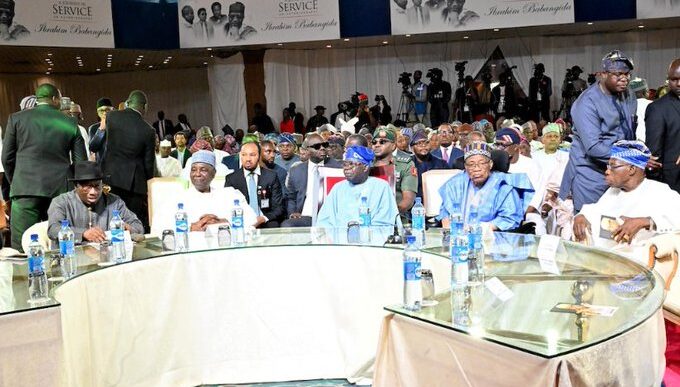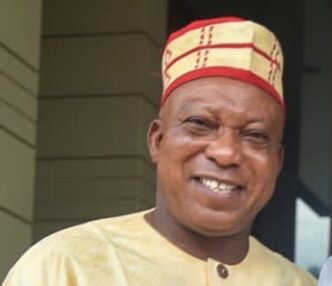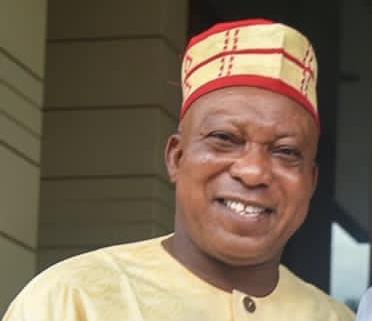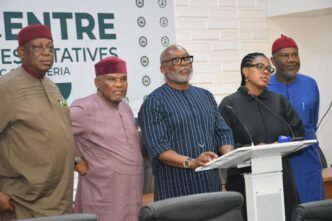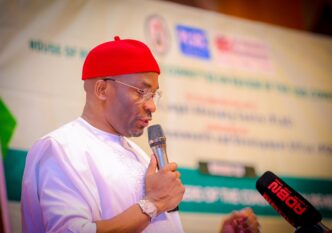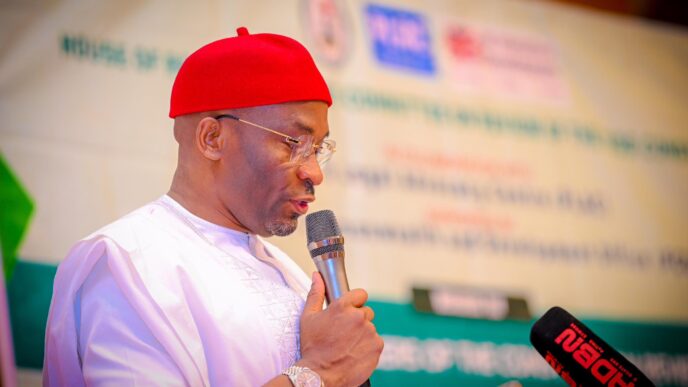Benjamin Kalu, deputy speaker of the house of representatives
Benjamin Kalu, deputy speaker of the house of representatives, says having fewer women in national and state houses of assemblies is a barrier to the country’s progress.
Kalu spoke on Monday at a workshop in Abuja on public presentation of the national women leaders forum’s operational guidelines — and the roles of political parties in gender equality and affirmative action.
The deputy speaker said democracy thrives not just on elections but inclusion.
“When half of our population remains underrepresented in halls of power, our democracy is not just weakened — it is incomplete. Today, 15 states in Nigeria have zero elected women in their assemblies,” he said.
Advertisement
“At the national level, women make up a meagre 3.6% of the senate and 4.7% of the house of representatives. These figures are not just statistics; they are a stain on our collective conscience and a barrier to national progress.
“The Seat Reservation for Women Bill (HB1349), which I proudly sponsor, seeks to alter this narrative. By reserving seats for women in the national and state assemblies, we aim to dismantle systemic barriers and create a legislature that mirrors the diversity of our nation.
“This is not about charity — it is about justice, strategy, and national prosperity. As chairman of the house committee on constitution review, I am spearheading efforts to ensure our foundational law reflects 21st-century realities.
Advertisement
“HB1349 proposes a structured temporary special measure — reserved seats for women, reviewed after 16 years — to accelerate gender parity.
“This is not a permanent quota but a catalytic intervention, modelled after nations like Rwanda and Senegal, where similar measures boosted women’s representation to over 40%.”
Kalu said evidence shows that countries with balanced gender representation achieve higher GDP growth and better healthcare.
“Democracy dies in the absence of diverse perspectives. As I have always stated, women belong in all places where decisions are being made,” he said.
Advertisement
Kalu added that when seats are reserved for women, it would ensure their voices shape laws and issues that disproportionately affect them — education, healthcare, and security.
Add a comment


